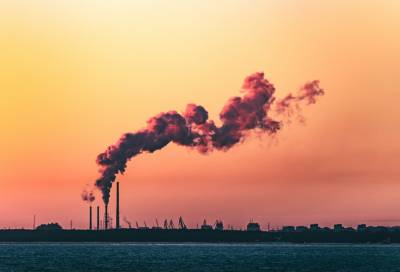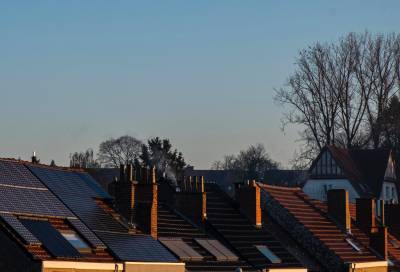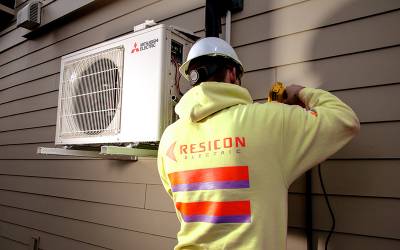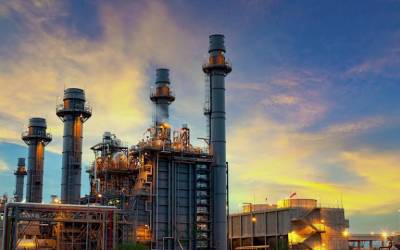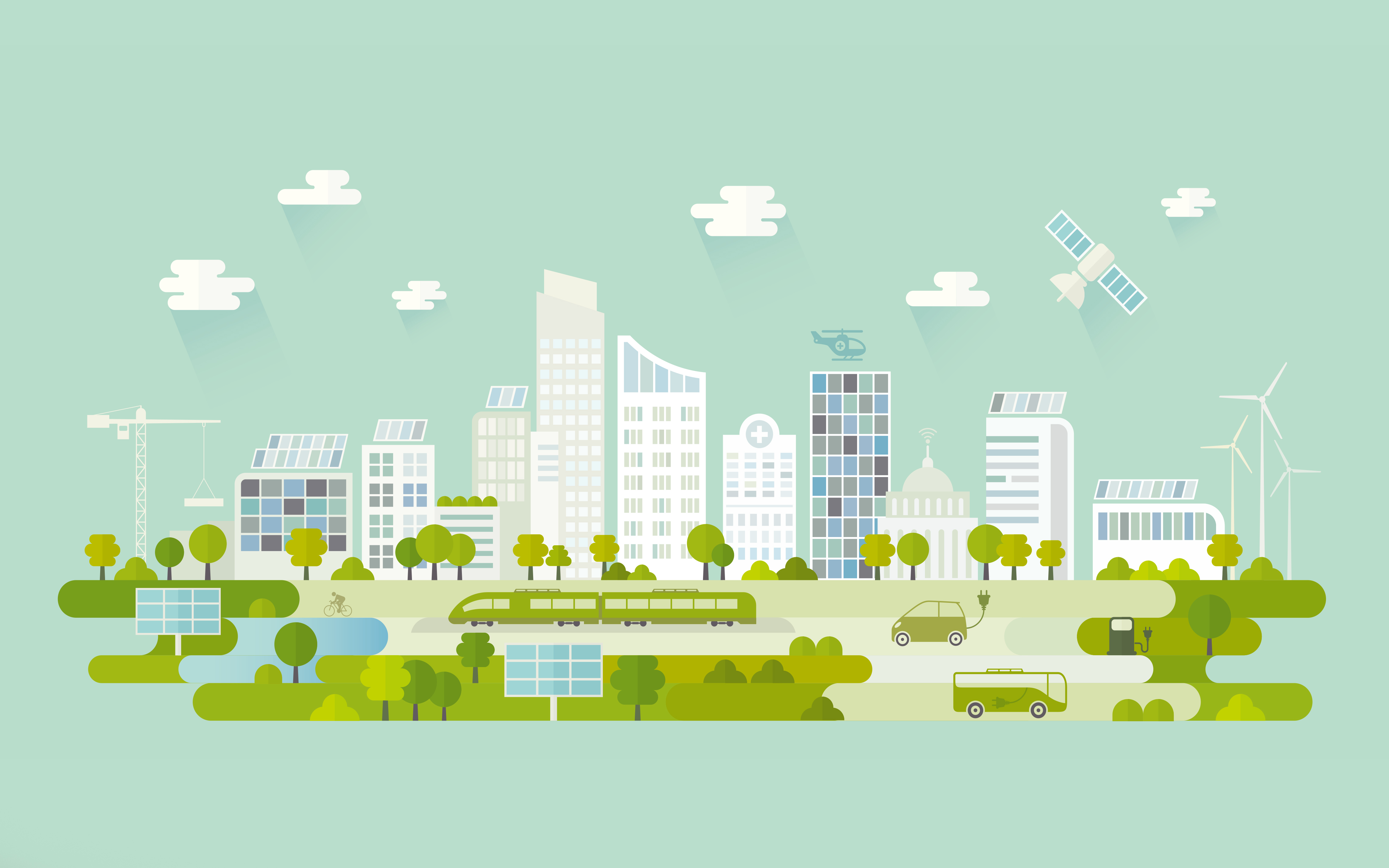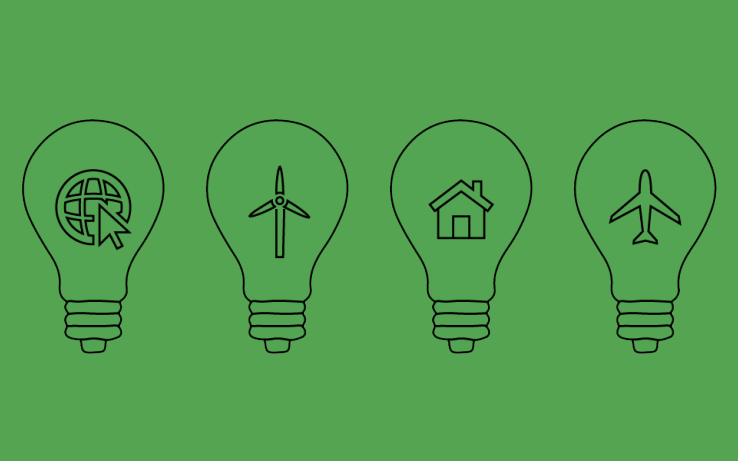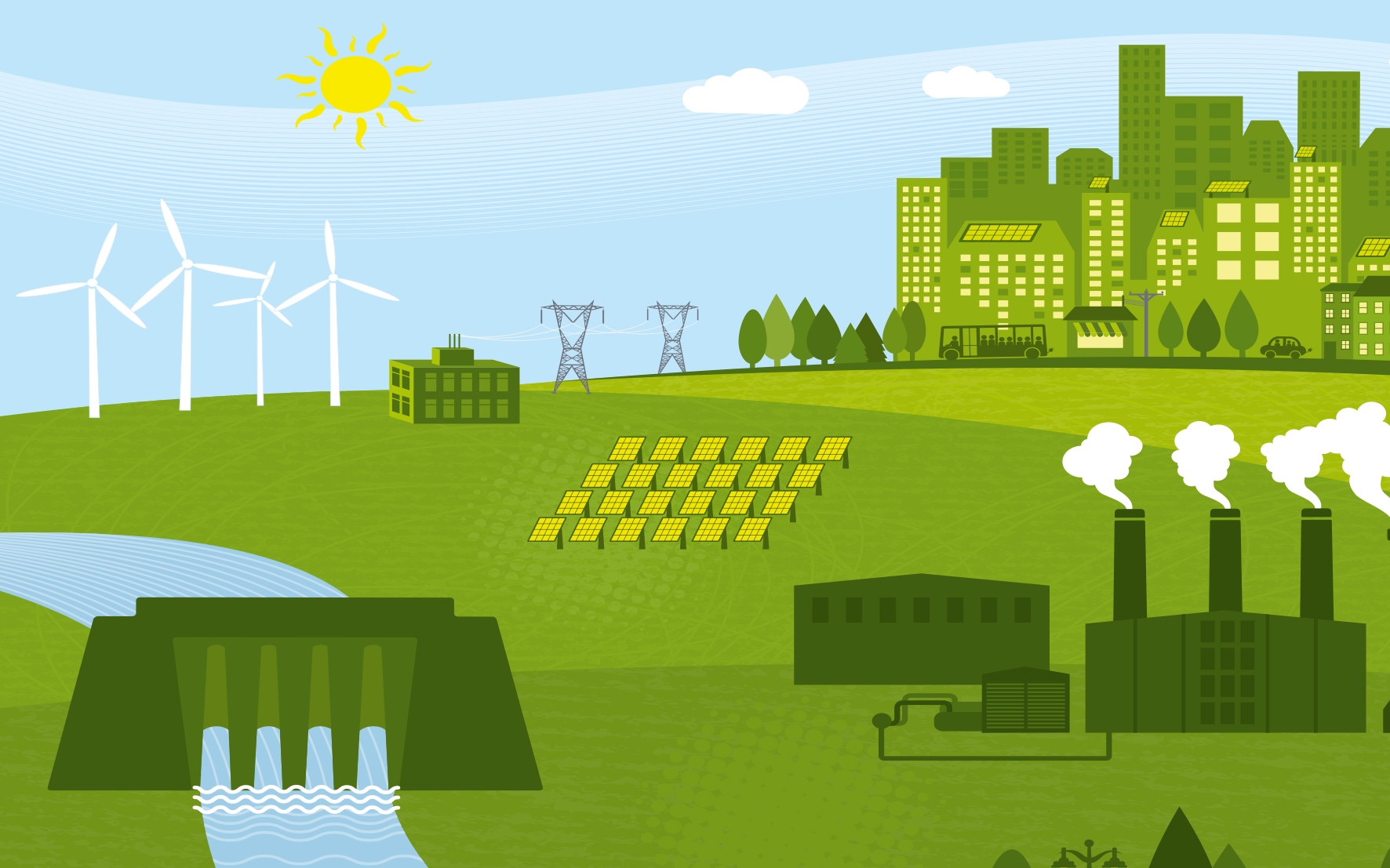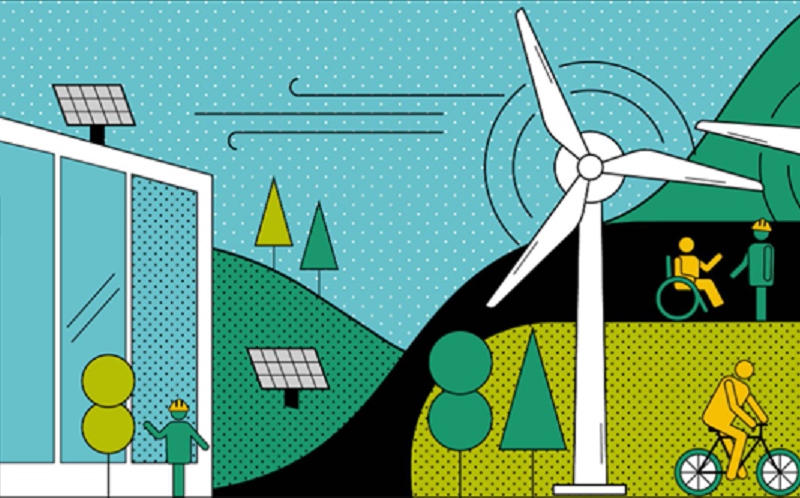Energy Transition and Net Zero
How can society transition towards net zero?
To take control of the climate crisis, we need to transition to a net zero society. This means decarbonising our whole energy system, from the way our energy is generated and supplied to how we use it in our daily lives. Buildings are central to the net zero challenge. From their construction to how we use energy in them after they are built. Whether we are commuting locally or shipping goods globally, modern society revolves around a transportation system heavily reliant on burning fossil fuels.
Our energy transition and net zero research
Fossil fuel phase-out is crucial to limit global warming
UCL research is guiding the phase-out of fossil fuels, estimating 60% of oil and gas and 90% of coal reserves need to remain in the ground.
By Dr Steve Pye and Dr James Price
How shipping can set the course for decarbonisation
UCL research is helping create pathways for green energy to power the global shipping industry.
By Dr Tristan Smith
New ways to trade green energy
Could UK homeowners trade solar electricity using a peer-to-peer system like Airbnb?
By Dr Michael Fell
An economics framework for the energy markets to tackle the climate change problem
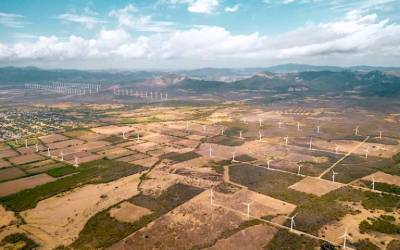
Read the full article on the Institute for Sustainable Resources website ►
New Aviation, Propulsion, Knowledge and Innovation Network
An Innovate UK Future Flight Challenge-funded consortium across three UK airports explored the potential of a carbon-free future domestic aviation system.
Find out more about the NAPKIN project on the Energy Institute website►
Flexible heating: how does it work and how does it feel?
UCL Energy Institute doctoral student Adria Martin Vilaseca and Senior Research Fellow Jenny Crawley explore the flexible applications of heat pumps.
Three Decades of Climate Mitigation Policy: What Has It Delivered?
Policies designed to reduce greenhouse gas emissions have been effective, however more stringent regulations are needed to limit global warming to the Paris temperature goals,
Read the full press release on the Institute for Sustainable Resources website ►
Building Better - How should we heat our homes?
The Bartlett Dean Christoph Lindner speaks to Dr Jenny Crawley, Research Fellow in Energy and Buildings, and Dr Jez Wingfield, Senior Technician in Physical Building Performance, to learn about different possibilities for a more sustainable future in the UK.
Net zero emission energy scenarios and land use
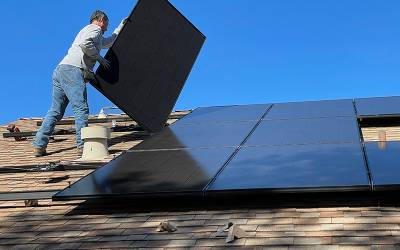
A report by UCL Energy Institute researchers looks at the land use implications of net zero scenarios, particularly solar photovoltaics (PV), biomass and onshore wind.
Energy models
UK Times (UKTM) Model
The UK Times (UKTM) Model that maps the complex UK Energy System. UKTM will help us plan how to meet government targets and achieve a secure, affordable and low carbon energy system by the year 2050.
Behaviour, Lifestyles and Uncertainty Energy Model
3DStock: A national digital twin for decarbonising the UK's building stock
List of models
| UK TIMES | UK energy systems optimisation model that supersedes UK MARKAL |
| ETM-UCL | European energy systems optimisation model |
| TIAM-UCL | Global energy systems optimisation model |
| ESME | UK energy systems optimisation model |
| DynEMo | UK dynamic energy systems model |
| OSeMOSYS | Open-source energy system model |
| TEMPEST | Multi-scale model of the UK’s energy demand and supply system |
| UK MARKAL | UK energy systems optimisation model |
Energy transition and net zero in teaching
Our net zero research is embedded in our teaching:
Contact us
UCL Energy Institute has numerous tailored research and consultancy relationships with industry and government. We are always eager to discuss with organisations different ways we can work together to solve the challenges they face. If you or your organisation would like to engage us in a partnership or scope opportunities please get in touch at bseer-communications@ucl.ac.uk.
 Close
Close


